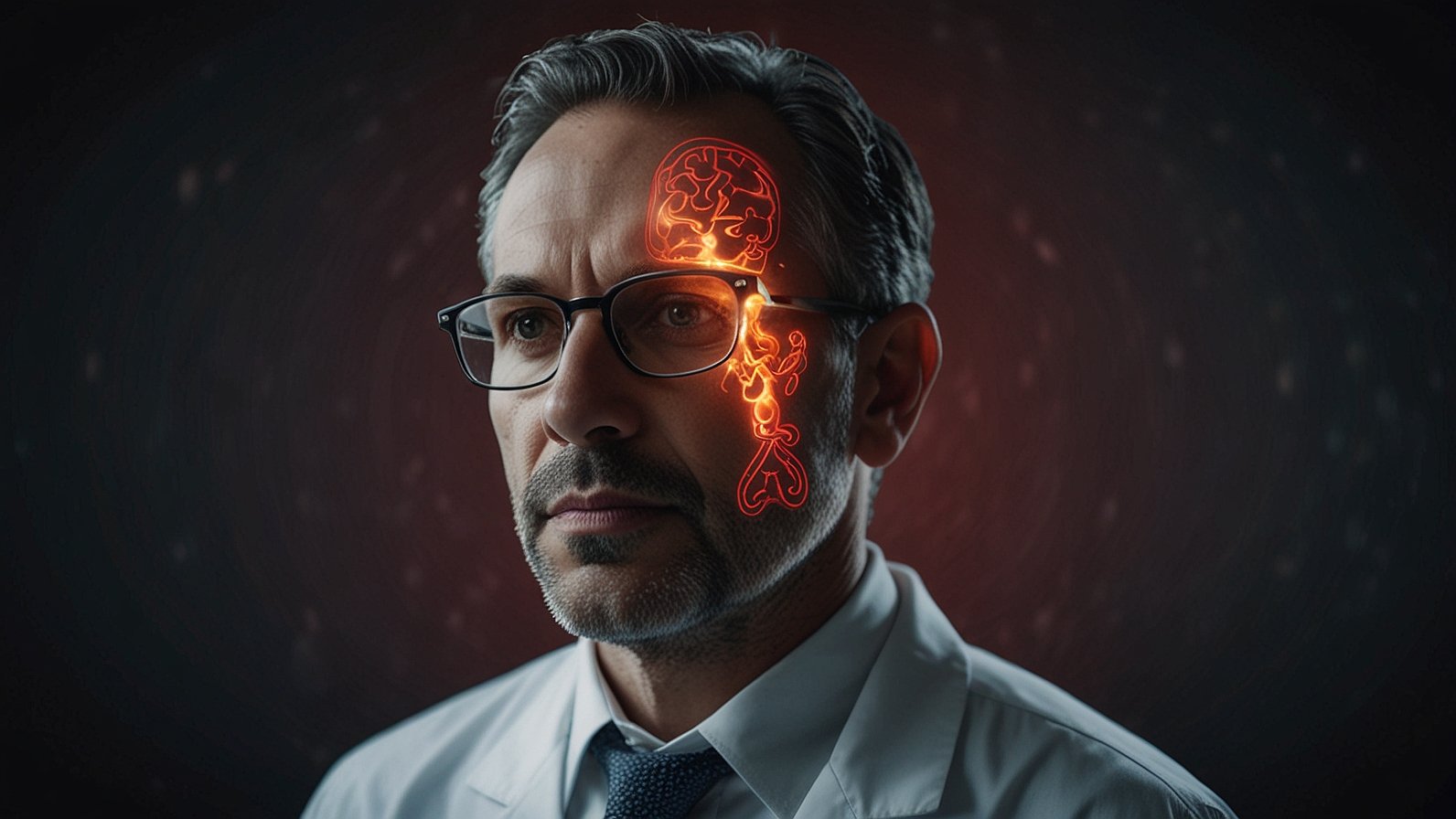Urologists are specialized medical professionals who focus on the urinary tract in both men and women, as well as the male reproductive system. Their expertise covers a wide range of conditions, including kidney stones, urinary tract infections (UTIs), prostate issues, incontinence, and male reproductive health concerns. If you’re experiencing urinary or reproductive symptoms, a urologist can diagnose and treat the underlying causes. Understanding what to expect during a urologist examination can help reduce anxiety and prepare you for your visit.
1. Initial Consultation and Medical History
A urologist begins with a detailed consultation to understand your symptoms, medical history, and lifestyle factors. This initial discussion is critical for accurate diagnosis. Common questions may include:
- How long have you experienced symptoms?
- Do you have pain, difficulty urinating, or changes in urine color?
- Any history of urinary tract infections or kidney stones?
- Are you experiencing incontinence or frequent urination?
- For men, questions may involve prostate health or erectile function.
Providing a thorough and honest account of your medical history helps the urologist tailor the examination and tests to your needs.
2. Physical Examination
The physical exam is a key component of a urologist visit. It allows the doctor to identify abnormalities and assess your overall health. Depending on your symptoms, the exam may include:
General Health Assessment
- Checking vital signs such as blood pressure and heart rate
- Assessing weight and body mass index (BMI)
Abdominal Examination
The urologist may palpate your abdomen to detect enlarged organs, masses, or tenderness that could indicate kidney issues or bladder problems.
Genital Examination
For men, the urologist examines the penis, testes, and scrotum to check for lumps, swelling, or signs of infection. This is important for diagnosing conditions like testicular cancer, hernias, or infections.
For women, the focus may include external genital inspection and assessment for any abnormalities related to the urinary tract.
Prostate Examination (For Men)
The digital rectal exam (DRE) is a standard procedure to evaluate prostate health. The urologist inserts a gloved finger into the rectum to check for:
- Enlargement
- Hard or lumpy areas
- Signs of inflammation
This exam is quick, and while it may feel uncomfortable, it is essential for early detection of prostate conditions, including cancer.
3. Urine and Blood Tests
To gain a deeper understanding of your condition, the urologist often orders diagnostic tests. Common tests include:
Urine Tests
- Urinalysis: Detects infection, blood, or abnormal substances in the urine.
- Urine Culture: Identifies bacteria causing urinary tract infections.
Blood Tests
- Kidney Function Tests: Assess how well your kidneys are filtering waste.
- Prostate-Specific Antigen (PSA): For men, elevated PSA levels may indicate prostate issues, including enlargement or cancer.
These tests provide valuable information that complements the physical examination and helps guide treatment.
ALSO READ: How Disability Lawyers in Ottawa Help with Long-Term Disability Denials
4. Imaging and Diagnostic Procedures
If further evaluation is necessary, the urologist may recommend imaging or other diagnostic procedures:
Ultrasound
Used to visualize kidneys, bladder, and other urinary organs. Ultrasound is non-invasive and helps detect stones, tumors, or structural abnormalities.
CT Scan or MRI
These imaging techniques provide detailed pictures of the urinary tract and are useful for diagnosing complex conditions like kidney stones, tumors, or anatomical issues.
Cystoscopy
A cystoscopy involves inserting a thin tube with a camera into the urethra and bladder. This allows the urologist to examine the bladder lining and urethra for abnormalities, tumors, or strictures.
Urodynamic Testing
Used to assess how well the bladder and urethra are storing and releasing urine. This test is helpful for diagnosing incontinence or bladder dysfunction.
5. Patient Discussion and Treatment Plan
After the examination and tests, the urologist reviews the findings and discusses a personalized treatment plan. This may include:
- Medications: Antibiotics for infections, alpha-blockers for prostate enlargement, or medications for bladder control.
- Lifestyle Modifications: Dietary changes, fluid management, or pelvic floor exercises.
- Minimally Invasive Procedures: Lithotripsy for kidney stones or endoscopic surgery for urinary tract issues.
- Surgery: In cases such as severe prostate enlargement, kidney stones, or cancer, surgical intervention may be recommended.
A thorough discussion ensures that patients understand their condition, the proposed treatments, and potential outcomes.
6. Follow-Up and Ongoing Care
Urological conditions often require ongoing monitoring. Follow-up appointments allow the urologist to:
- Track the effectiveness of treatment
- Monitor chronic conditions like kidney disease or prostate enlargement
- Adjust medications or recommend additional procedures if needed
Regular follow-up helps prevent complications and ensures long-term urinary and reproductive health.
Tips for a Comfortable Urologist Visit
Visiting a urologist can feel intimidating, but preparation can make the experience smoother:
- Be Honest: Provide complete information about your symptoms and medical history.
- Bring a List of Medications: Include dosages and supplements.
- Ask Questions: Don’t hesitate to inquire about diagnosis, treatment options, or side effects.
- Stay Relaxed: Physical exams like the DRE or cystoscopy may feel uncomfortable but are usually quick and safe.
- Keep Records: Maintain a file of lab results, imaging, and past treatments to help your urologist assess your condition accurately.
When to See a Urologist
You should consider consulting a urologist if you experience:
- Difficulty urinating or frequent urges to urinate
- Blood in urine or semen
- Persistent lower back or pelvic pain
- Erectile dysfunction or reproductive concerns
- Recurrent urinary tract infections or kidney stones
Early intervention can prevent complications and improve treatment outcomes.
Finding a Urology Clinic in Montreal
If you are experiencing urinary or reproductive symptoms and need specialized care, it’s important to choose a reputable clinic with experienced urologists. A trusted looking for urology clinic Montreal can provide comprehensive evaluations, advanced diagnostics, and personalized treatment plans tailored to your needs.
Conclusion
A urologist examination involves multiple steps, starting with a detailed medical history and physical assessment, followed by urine and blood tests, imaging, and, if necessary, specialized procedures like cystoscopy or urodynamic testing. This comprehensive approach allows the urologist to accurately diagnose conditions affecting the urinary tract and male reproductive system and create personalized treatment plans.
Understanding what to expect during a urologist visit can reduce anxiety and help you take an active role in your health. From early detection to ongoing care, urologists play a vital role in maintaining urinary and reproductive health, ensuring patients enjoy a better quality of life.
For residents in Montreal experiencing urinary or reproductive issues, visiting a trusted looking for urology clinic Montreal ensures professional, compassionate, and specialized care.
YOU MAY ALSO LIKE: Elements of Comprehensive Care Plans for Foot and Ankle Health










